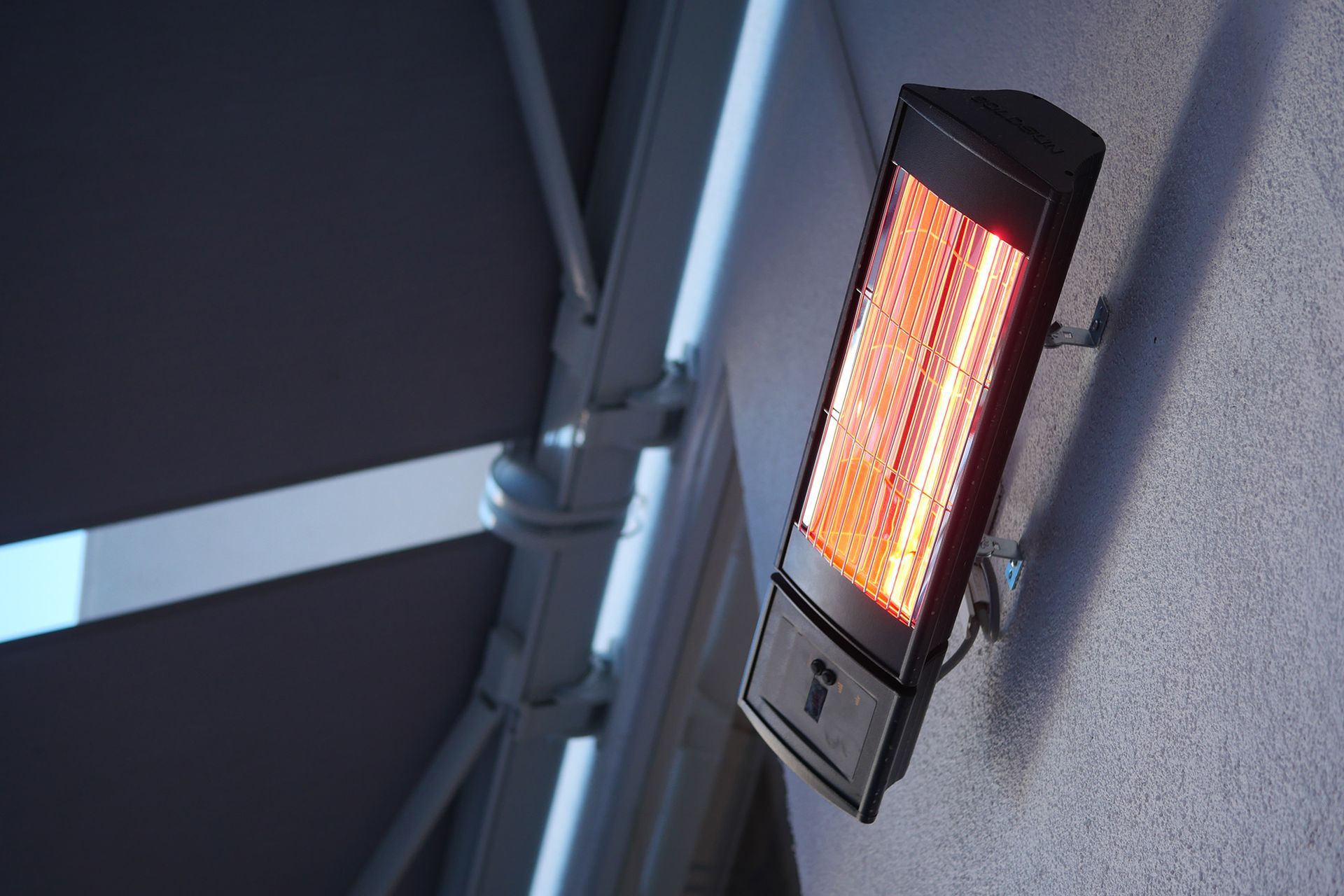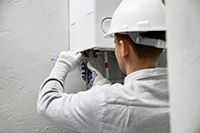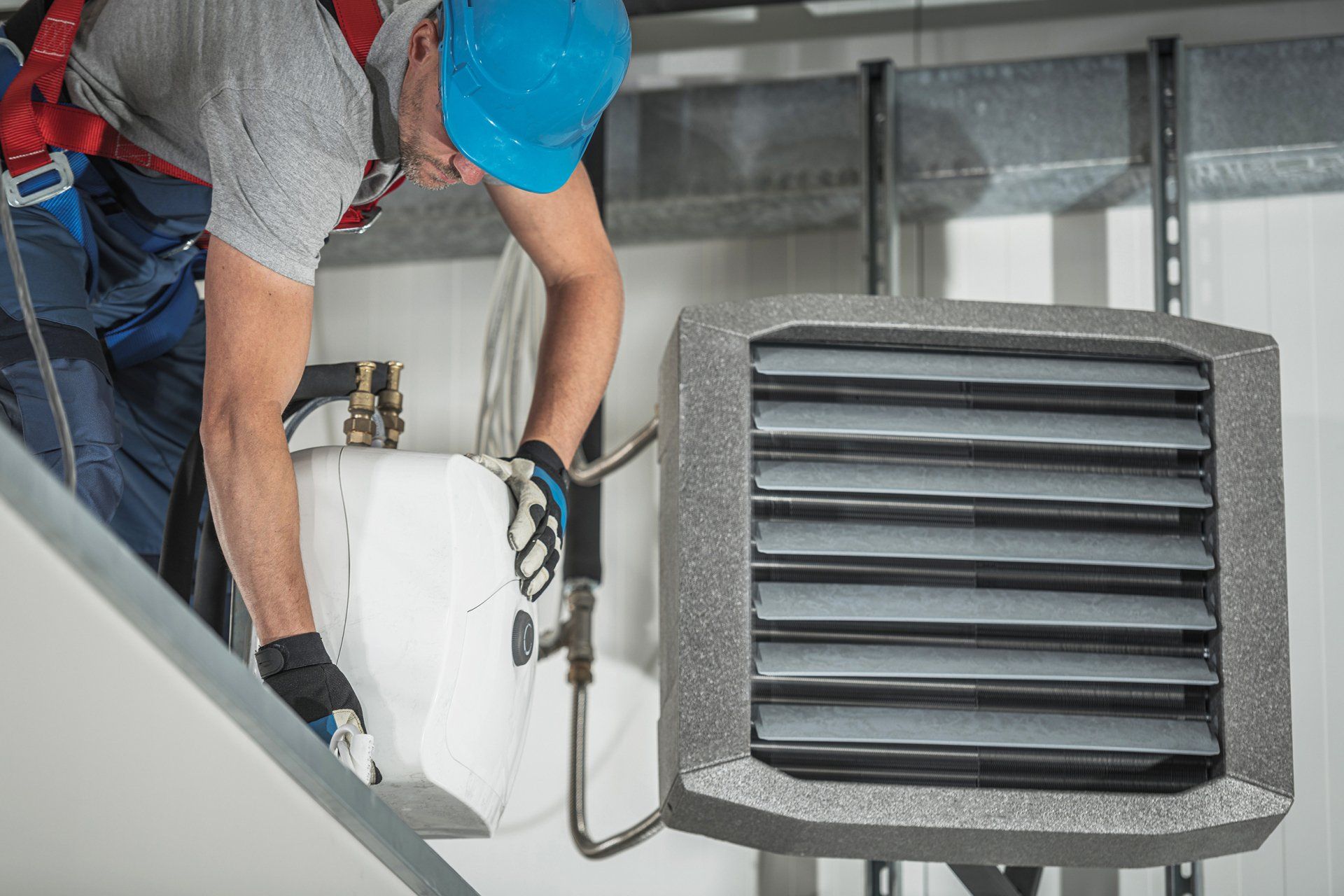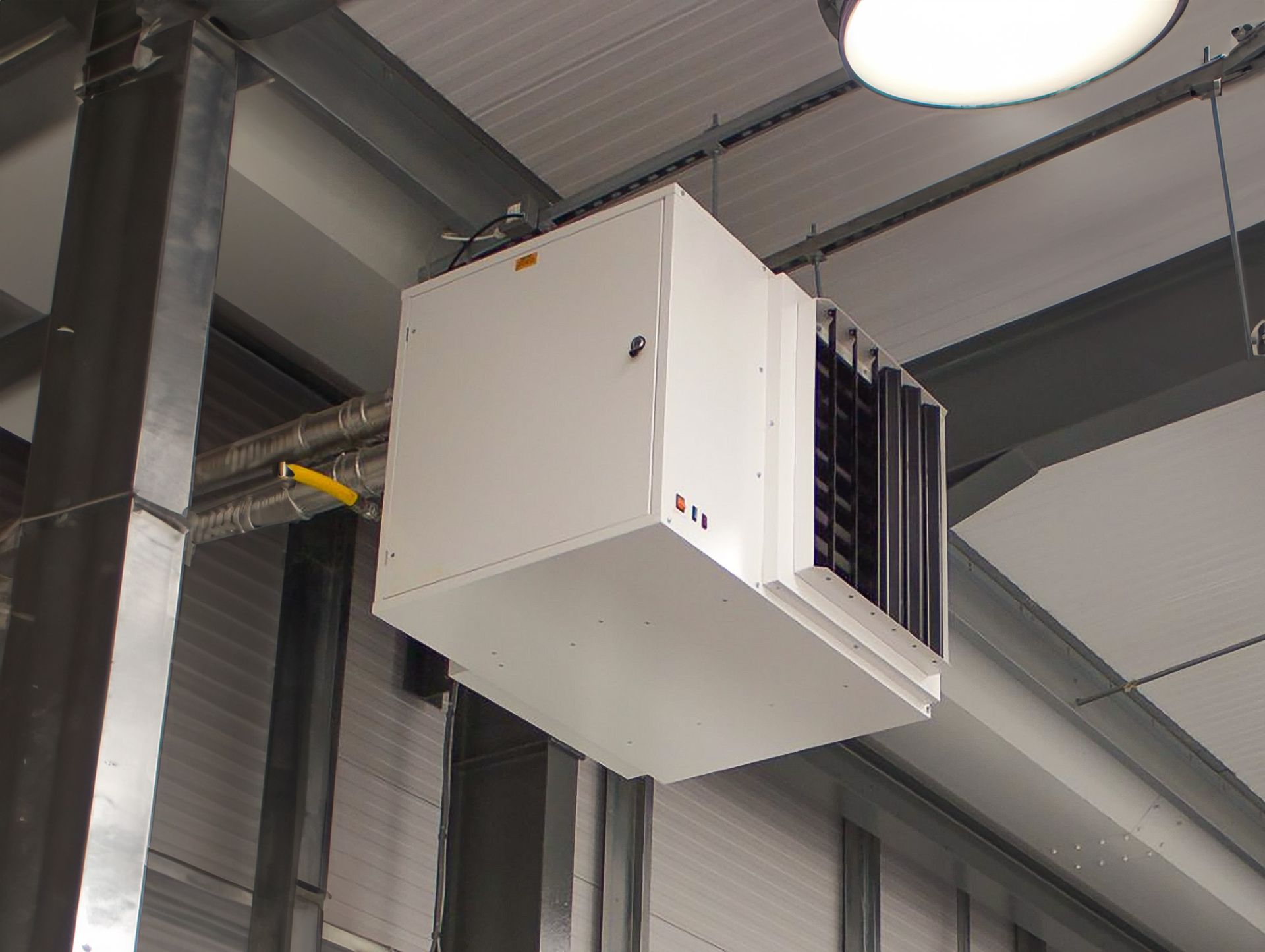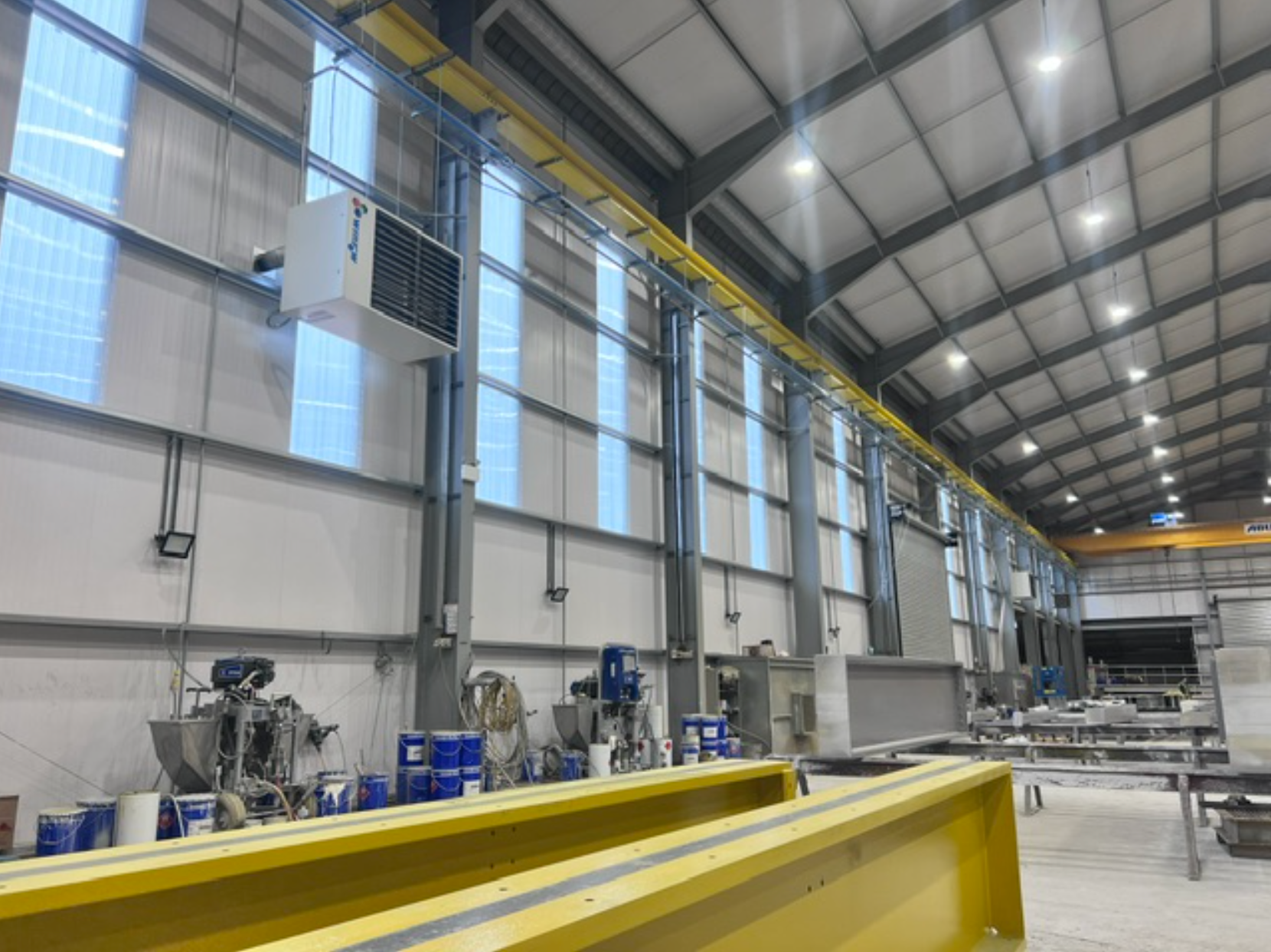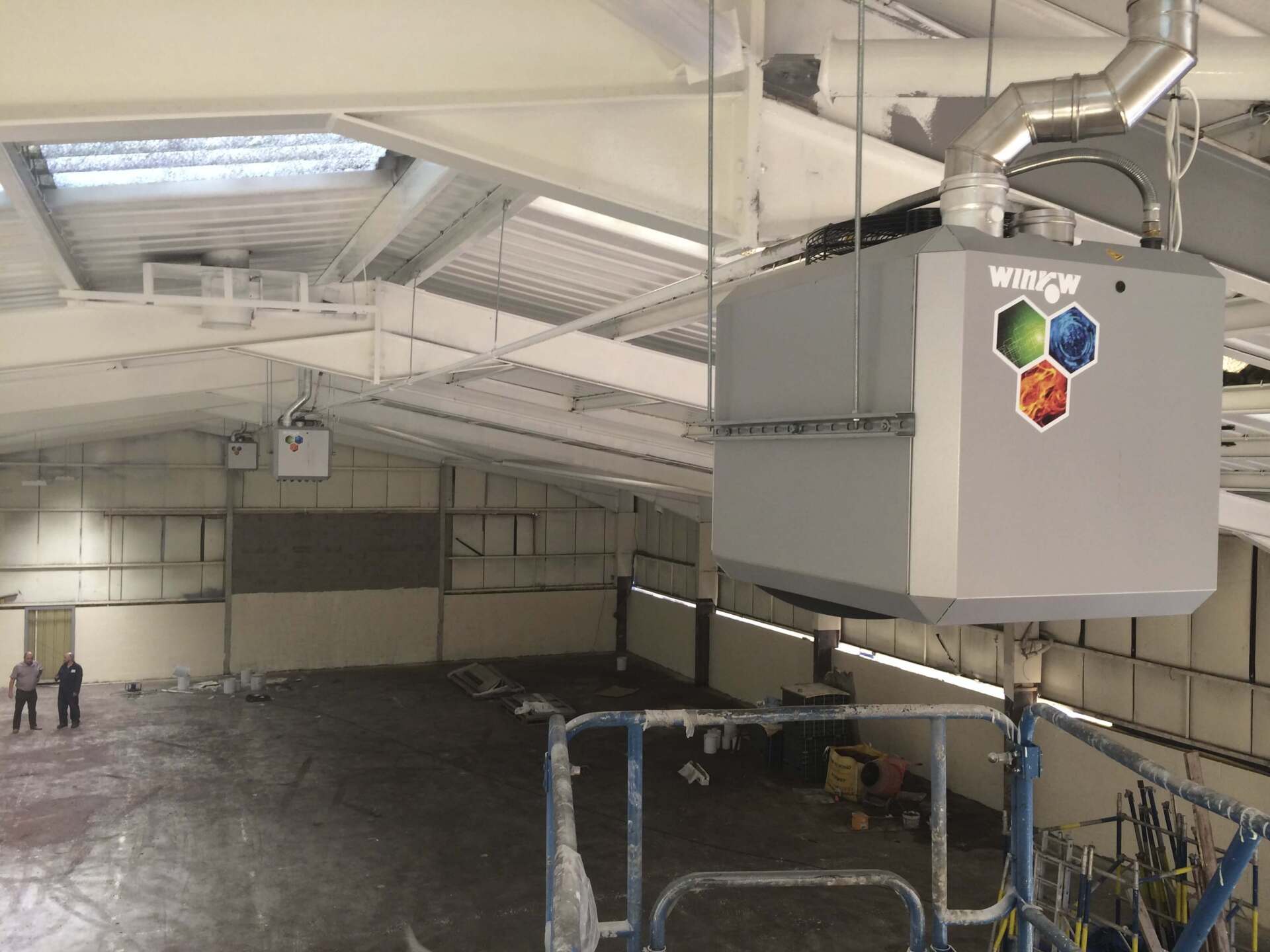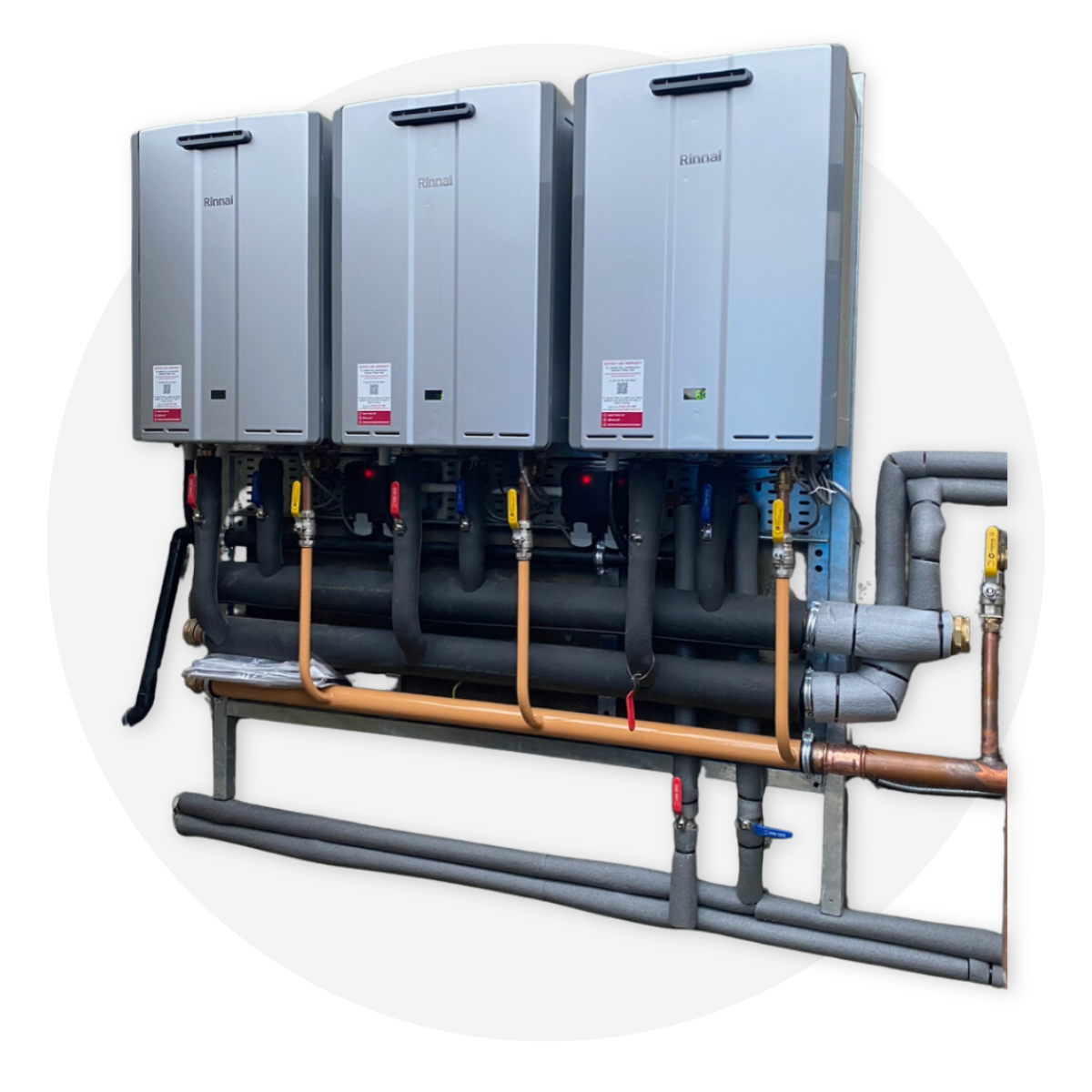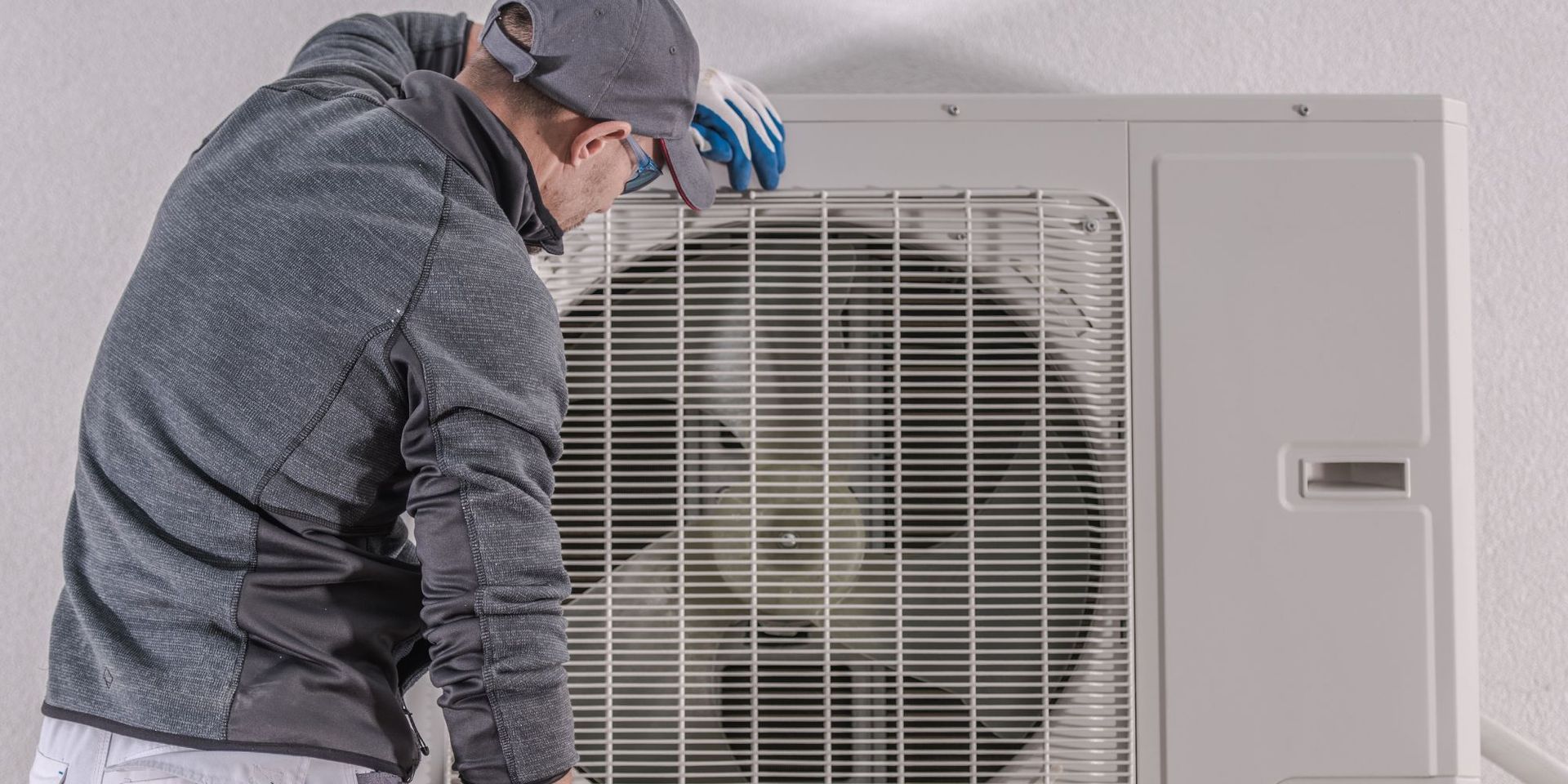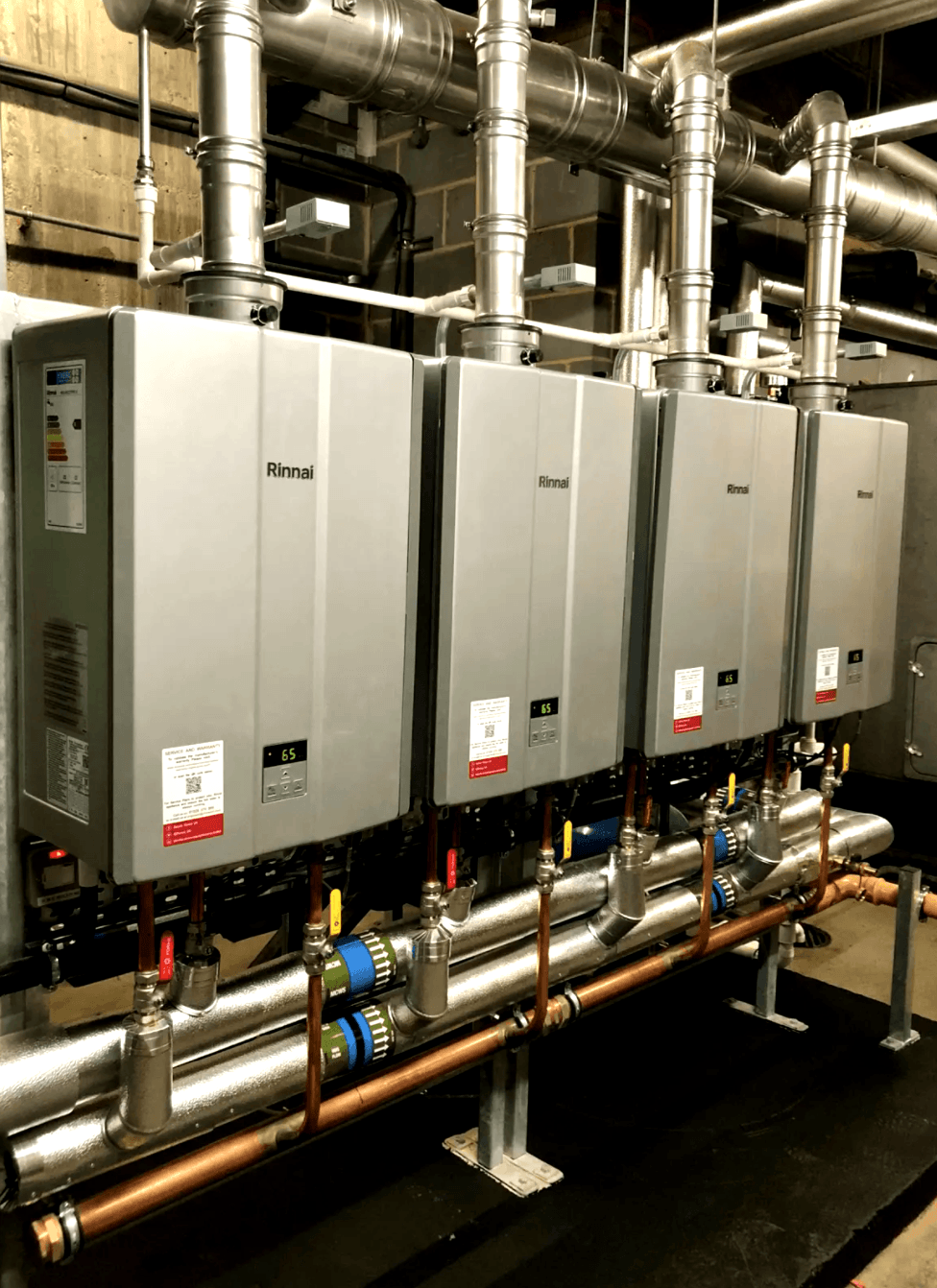What to think about when choosing water heaters for UK care homes
When choosing water heaters for your UK care home you have a lot to consider. You’re not just looking for a system that gives you hot water but one that meets your facility’s specific needs. You’ll need to look at energy efficiency and cost savings of different models, space and installation requirements. But that’s just the beginning - you’ll also need to think about hot water demand, fuel types, maintenance needs, safety features, noise levels and budgeting.
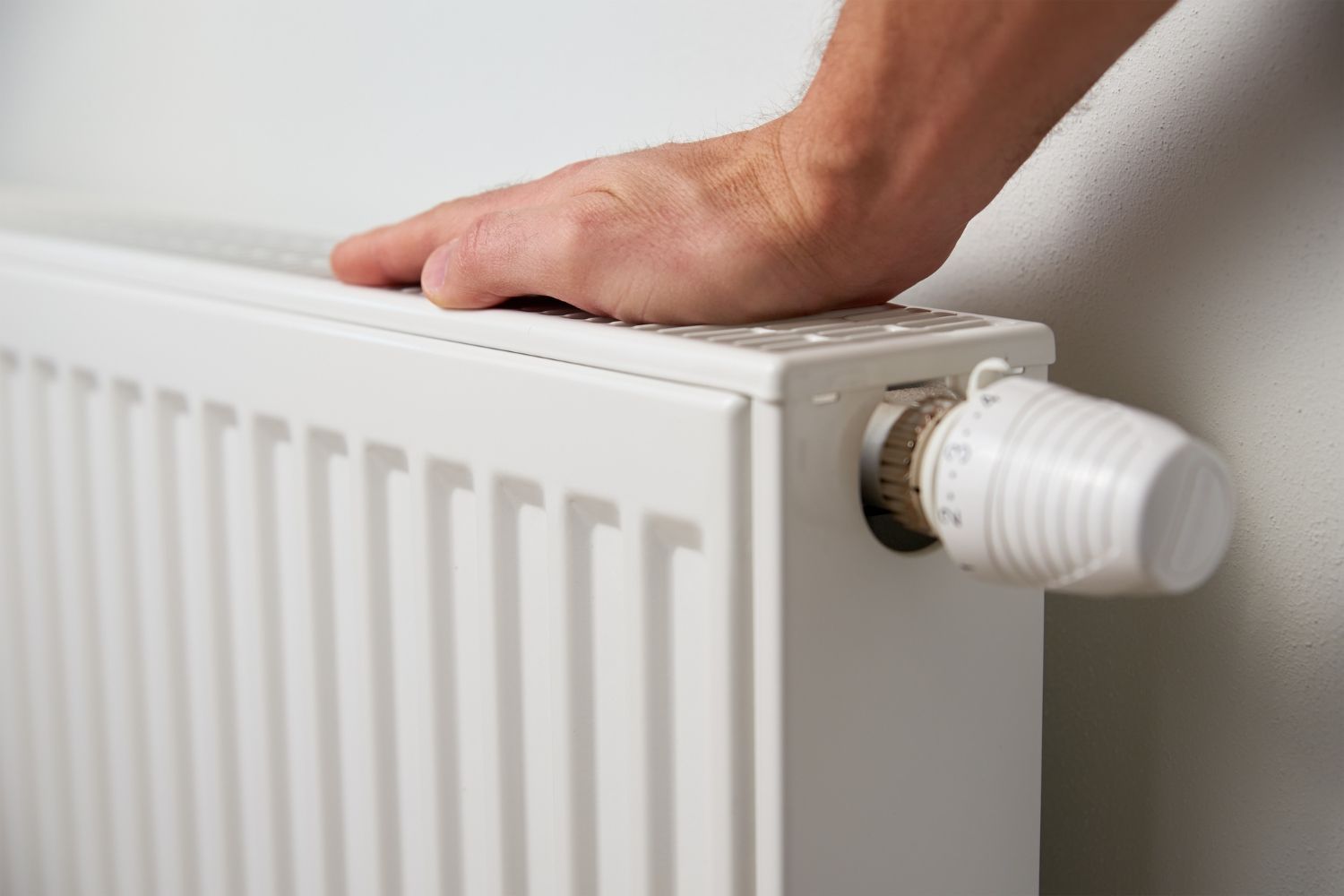
Energy Efficiency and Cost Savings
By installing a high efficiency water heater you can reduce your UK care home’s energy bills and carbon footprint.
Energy is a big expense for care homes. By choosing an efficient water heater you can save costs and help the environment.
Look for water heaters with high energy efficiency ratings, ErP (Energy-related Products) labels.
These labels show the product’s energy efficiency so you can make an informed decision. Efficient heating solutions like system boilers and combination boilers can save you costs.
For example ATAG’s Q25SR System Boiler (25kW) and RINNAI’s ZEN-24 Indoor / Outdoor Combination Boiler (24kW) are high efficiency options that can save you costs.
By choosing an efficient water heater you can reduce your care home’s energy consumption, saving you costs and carbon.
This is a big consideration for care homes as it can help you allocate resources more efficiently and promote a sustainable environment.
Space and Installation
When choosing a water heater for your UK care home you’ll need to consider the space available for installation and the installation itself.
This is key to a smooth and efficient hot water solution for your residents and staff.
Consider the size and layout of the space where the water heater will be installed, including any restrictions such as limited floor space or restricted access.
You also need to think about the heating sources you already have in place, gas or electricity and how they will impact the installation.
An efficient water heater that’s right for your care home will provide a consistent supply of hot water and save you costs and maintenance.
Hot Water Demand and Capacity
You need to calculate the hot water demand of your UK care home to ensure you choose a water heater with enough capacity for your residents and staff.
This means understanding your facility’s hot water requirements, number of users, usage patterns and the appliances that use hot water.
A full assessment will help you determine the peak hot water demand periods, morning and evening and identify any hot water intensive activities like laundry or kitchen use.
When choosing a water heater consider its capacity to meet your facility’s hot water demand.
Look for a unit that can provide enough flow rate to meet the simultaneous hot water demands of your residents and staff.
You need to choose a water heater with a capacity that matches your facility’s hot water demand to avoid hot water shortage which can cause discomfort and dissatisfaction.
Fuel Type and Options
Choosing the right fuel type and options for your water heater is key as it will impact the overall efficiency, cost and environmental sustainability of your UK care home’s hot water system.
You need to decide which fuel type is right for you, natural gas, LPG or oil. Each has its pros and cons so you need to weigh up the benefits against the drawbacks.
For example natural gas is popular as it saves energy and has lower carbon emissions. LPG and oil may be more suitable for care homes in areas without a natural gas supply.
When choosing a fuel type you also need to consider the system performance and how it will impact your hot water demand.
You want a system that provides a consistent supply of hot water and minimises energy consumption. Look for water heaters with high efficiency ratings and features that save energy.
Maintenance and Repairs
Having chosen the right fuel type and options, now you need to think about the maintenance and repair requirements of your water heater to ensure it continues to run efficiently and effectively for its lifetime.
As you look at your options think about the maintenance requirements of each model. Some water heaters need more frequent descaling, others less maintenance intensive tasks like filter cleaning.
You’ll also need to think about repair needs, such as availability of spares and cost of professional servicing. Look for cost effective solutions that balance maintenance and repair costs with overall performance of the water heater.
A well maintained water heater will reduce energy bills and extend its life, saving you money in the long run. By considering these factors you can choose a water heater that meets your care home’s needs and keep maintenance and repair costs under control.
UK Regulations
When specifying a water heater for your UK care home you need to ensure the model you choose complies with UK regulations to ensure the safety of residents, staff and visitors.
You need to check the CQC regulations which outline specific requirements for healthcare facilities. One of the requirements is to prevent Legionella growth, a bacteria that causes Legionnaires’ disease.
To meet the requirements you need to check your water heater can maintain a temperature of at least 55°C to prevent bacterial growth.
Also you need to consider the Water Supply (Water Fittings) Regulations 1999 which govern the installation and maintenance of water systems. Your chosen water heater must meet these standards to avoid any risks or penalties.
Safety Features and Risk Assessment
As you go through the process of specifying a water heater for your UK care home you need to prioritise safety features that mitigate risks and protect residents, staff and visitors from harm.
A risk assessment is key to identify the risks and implement measures to mitigate them.
When looking at a heating solution look for safety features such as thermostatic mixing valves that prevent scalding and temperature limiting devices that prevent overheating.
Also consider features like anti-legionella protection that prevents bacterial growth and anti-scald protection that prevents hot water being discharged.
Check the water heater you choose has a robust design and construction with a corrosion resistant material that can withstand a care home.
Also think about the maintenance and servicing requirements of the water heater and make sure it can be easily accessed and maintained to prevent any risks.
Noise and Resident Comfort
You also need to think about how the water heater noise will impact resident comfort in your UK care home.
Water heaters are an essential service but they can also be a source of disturbance especially for residents who are noise sensitive.
When choosing a water heater think about the noise it produces and how it will affect the environment.
A comfortable environment is key to resident and staff wellbeing.
Look for water heaters with low noise or those that have noise reduction features.
This is especially important for care homes with residents who have dementia, Alzheimer’s or other conditions that make them noise sensitive.
By choosing a water heater that is quiet in operation you can create a more peaceful environment for everyone.
This will in turn lead to higher resident satisfaction, better sleep quality and a more relaxed environment for residents and staff.
Upgrade and Replacement Plan
Upgrading and replacing your water heater regularly can prevent breakdowns, reduce maintenance costs and ensure a constant supply of hot water for your UK care home residents.
When planning your upgrade and replacement strategy think about the age and condition of your current water heaters for care homes. If they are old or inefficient it may be time to move to energy efficient heating systems that will reduce your energy bills and environmental impact.
Look for hot water solutions with high efficiency ratings such as those with advanced insulation or heat recovery technology.
You also need to consider the capacity and flow rate of the water heater to ensure it can meet your resident’s demands.
Also think about the installation and whether you need to upgrade your existing pipework.
Budget and Funding
Budgeting for a new water heater is a key part of getting the right system for your care home heating needs. Prices range from £1,072 to £3,315 for ATAG boilers and £889 to £1,500 for RINNAI boilers so this is a big part of your decision.
When budgeting consider not just the purchase price but also installation costs, maintenance costs and potential energy savings. You may also want to look at funding options such as government grants or energy efficiency schemes to help offset the cost of a new water heater.
Also think about the long term benefits of investing in a high efficiency water heater which will save you energy over time. By budgeting carefully and looking at available funding options you can give your UK care home the heating system it needs to provide a comfortable and safe environment for residents.
Summary
When choosing a water heater for your UK care home it’s a big decision that affects residents, staff and your bottom line.
By considering efficiency you’ll save energy and reduce your carbon footprint.
Installation constraints such as space and access need to be considered to make the installation as smooth and cost effective as possible.
Hot water demand is another key factor as it will determine the size and type of water heater you need and the overall cost of the system.
Fuel options (electric, gas or oil fired) will affect your energy costs and carbon emissions.
Maintenance requirements (servicing and replacement) need to be considered to minimise downtime and ensure continuous hot water supply.
Safety features such as temperature control and anti-scald protection are crucial to protect residents and staff from scalding and other safety risks.
Noise levels especially in residential areas need to be minimised to keep the environment peaceful.
Upgrade options (retrofitting and replacing existing systems) need to be considered to get the best return on investment.
Budgeting (purchase price, installation costs and ongoing maintenance) will help you make a cost effective decision that fits your budget.
Share This Post.
Latest News | Winrow Industrial Heating
